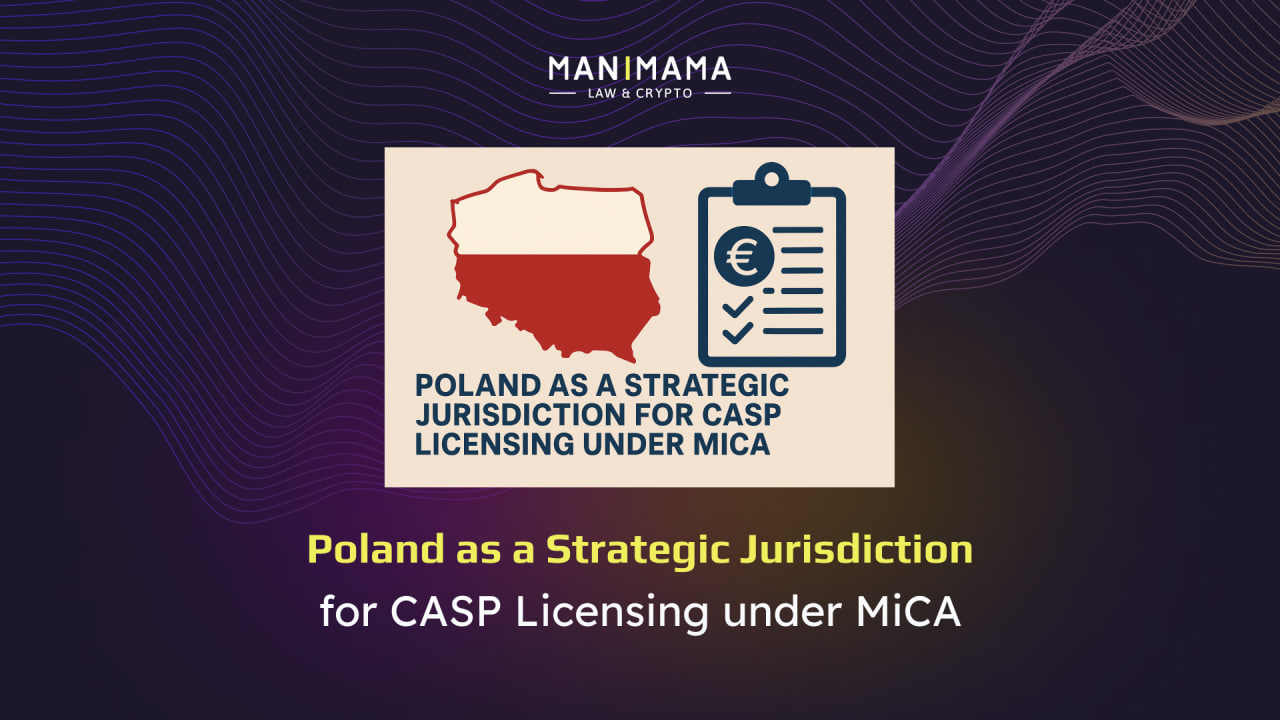1. Introduction
The regulation of crypto assets in the UK has only recently come under the scrutiny of
Після заповнення форми ми допоможемо з вибором компанії, ліцензії, рахунку та юридичним супроводом. Залиште контакт для зв’язку.
Ми не передаємо ваші дані третім особам
December / 13 / 2023
|
15 m. to read


1. Introduction
The regulation of crypto assets in the UK has only recently come under the scrutiny of
the Financial Conduct Authority (FCA). However, growing concerns over consumer protection and potential offenses related to misleading cryptocurrency advertising have prompted authorities to expand the FCA’s regulatory reach.
The new financial promotion regime, which will come into force on October 8, 2023, now falls under the restrictions on financial promotion of certain crypto assets set out in Section 21 of the Financial Services and Markets Act 2000 (FSMA). This means that promotions involving “qualified crypto assets” must either receive approval from FCA or qualify for certain exemptions.
The regime aims to address risks that misleading adverts on returns could lead consumers new to crypto markets suffering large losses. Rules on clear risk disclosure have therefore been implemented to ensure promotions paint a fair picture of cryptoassets’ high-risk status. This article examines the qualifying cryptoassets included, available exemptions from approvals, the promotion rules now applicable, and provisions related to direct offer promotions.
The financial promotion regime applies to a newly defined category of “qualifying cryptoassets”. The definition covers cryptoassets that are fungible (that is, interchangeable) and transferable.
Specifically, a qualifying cryptoasset is:
This is a broad definition intended to capture major cryptocurrencies like Bitcoin, Ethereum and other most popular crypto currencies. However, certain cryptoassets are excluded:
The definition focuses on transferable cryptoassets with speculative potential that give rise to consumer protection concerns if promoted in a misleading way. The exclusion of NFTs, on the other hand, reflects their current use more akin to digital memorabilia.
Section 21 of FSMA imposes a general restriction on financial promotions of investments. Since qualifying cryptoassets are specified as an investment, any invitations or inducements to engage with these cryptoassets now fall under this restriction.
As a result, unauthorized cryptoasset firms have two main options for issuing financial promotions legally:
Relevant exemptions include communications to certified high net worth individuals, sophisticated investors, or professional advisers like accountants and lawyers.
Importantly, an FPO exemption introduced in 2023 allows cryptoasset businesses registered under anti-money laundering (AML) regulations to approve their own promotions for qualifying cryptoassets only. Registered crypto firms can’t approve other controlled investments’ promotions though.
All financial promotions relating to qualifying cryptoassets must now meet the FCA’s core standards of being fair, clear, and not misleading.
Specific conduct requirements from the FCA Handbook also apply, mainly found in chapter 4 of the Conduct of Business sourcebook (COBS). This includes high-level principles, appropriate risk warnings based on clients targeted, and more.
Given the market volatility and lack of regulatory protections, qualifying cryptoassets further fall under the FCA’s treatment for high-risk investments. This means cryptoasset promotions must follow strict disclosure rules outlined in COBS 4.12A.
Key requirements relate to:
Additionally, non-Handbook FCA guidance also sets rules on financial promotion of cryptoassets:
With many consumers still unfamiliar with the cryptoasset sphere, applying conduct standards around financial promotions is viewed as an important first regulatory step. This aims to address misconduct risks like misleading adverts without being overly restrictive on market development.
The COBS 4.12A rules allow the communication, or approval, of direct offer financial promotions for cryptoassets only to high net worth investors within the context of the rules relating to restricted mass market investments (RMMIs) (that is, to restricted, high net worth and certified sophisticated investors). Providing this exemption within the rules is intended to prevent the regime from being too restrictive to those more able to absorb losses. Cryptoasset promotions communicated to these investors must still be clear, fair and not misleading and must contain appropriate risk warnings. The exemption does not apply to the self-certified sophisticated investor.
However, “positive friction” rules still apply to help inform decision making and guard against over-exuberance. For first-time investors this includes:
Also, other rules made for financial promotions are applicable to direct offer promotions, for example those, established by non-Handbook FCA guidance.
Initially firms were struggling to implement IT systems to facilitate the direct offer rules in time for October 2023. So the FCA granted modifications delaying aspects related to risk warnings, cooling off periods and assessments until January 2024.
Overall, the new cryptocurrency financial services regime in the UK, which came into force on October 8, 2023, expands the FCA’s supervisory scope to include “qualified crypto assets”. These include fungible and transferable digital assets that use distributed ledger technology, with the exception of certain categories such as NFTs and security tokens.
The regime imposes basic standards on financial offers, requiring them to be fair, clear and not misleading. Recognizing the challenges of the industry, the FCA has made changes, demonstrating a pragmatic approach to balancing consumer protection and innovation in the emerging cryptocurrency market.
Thus, companies providing cryptocurrency-related services in the UK have faced stricter promotion requirements, but consumers can be sure that they are less likely to encounter fraudulent advertising.

April / 23 / 2025
|
15 m. to read
Go To New



April / 22 / 2025
|
15 m. to read
Go To New



April / 18 / 2025
|
15 m. to read
Go To New



April / 18 / 2025
|
15 m. to read
Go To New



April / 17 / 2025
|
15 m. to read
Go To New





Share your vision. We'll create a legal framework tailored to bring it to life
Tokenization
Tokenization
Licensing
Incorporation
MiCA
By clicking the button, I confirm that I have read the privacy policy and consent to the collection and processing of my personal data in accordance with the GDPR rules.